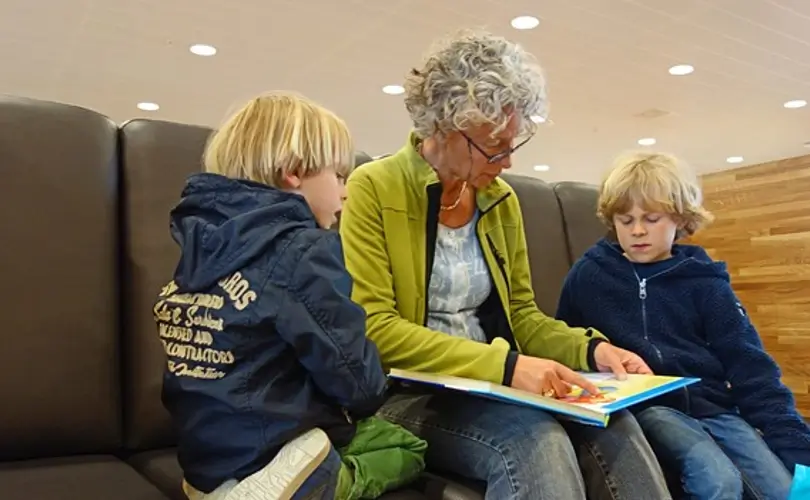According to Jean Piaget, the Preoperational Stage is vital in a child’s cognitive development. Several essential concepts shape a child’s thinking and worldview throughout this period, which usually occurs between two and seven years old.
According to Jean Piaget, the second stage of cognitive development is preoperational. The phenomenon occurs between 2 and 7 years old. In this stage, children learn to use words and images to depict objects and events. Along with cognitive growth, people have better logical thinking. Despite these advances, their abstract thinking still needs to be improved.
Jean Piaget’s preoperational stage is vital to a child’s cognitive development. Children between two and seven have cognitive limits and think in specific ways at this time. Piaget’s cognitive development study divided the preoperational stage into two substages.
The symbolic function substage, between 2 and 4 years old, is critical to cognitive development. Children learn to use words and images to depict items and events in their surroundings throughout this substage. Their capacity to employ symbols is a major cognitive milestone and establishes the groundwork for future cognitive progress. Additionally, youngsters during this period are beginning to play pretend. Pretend play uses symbols to depict real-life events. This type of play lets kids imagine and try out different roles. Children may express their creativity and learn about the world by using symbols like blocks to symbolize items or pretending to be doctors. Youngsters learn social skills, problem-solving skills, and language development by negotiating roles, relationships, and narratives in pretend play.
The intuitive thinking substage, which generally develops between 4 and 7 years old, is a significant cognitive milestone. Children start thinking more logically during this period. At this stage, toddlers think abstractly and symbolically instead of concretely. They can better interpret and modify mental images, enabling more complex problem-solving and reasoning. Logical reasoning is a hallmark of intuitive thought. Children at this stage comprehend cause-and-effect linkages and basic ideas.
The Preoperational Stage Has Numerous Vital Ideas
Individuals use symbols like words and pictures to represent and communicate information about objects and occurrences. It allows people to communicate and understand complex ideas beyond sensory awareness by mentally associating abstract symbols with concrete items or concepts. Human cognition and language development depend on symbolic thought, which helps convey thoughts, emotions, and experiences through symbolic systems. This cognitive process is supposed to define human intellect and has evolved due to the brain’s unique cognitive abilities. Symbolic play, or pretend play, is typical among youngsters. It represents real-world experiences using symbols.
Egocentrism is a cognitive bias in which people see the world from their perspective and struggle to see others. Unable to empathize with and grasp different views, this problem is described.
Centration is the cognitive propensity to focus on one component of a situation while ignoring others. This cognitive bias can cause people to miss important information or ignore context while making decisions. Cognitive psychology has extensively researched centration and its effects on perception, problem-solving, and decision-making. Understanding centration in human cognition is crucial to understanding how people absorb information and make sense of the environment.
Cognitive growth and new mental capacities occur throughout the preoperational stage of child development. This stage, usually between two and seven, involves symbolic thinking. Symbolic cognition is essential to language learning and abstract reasoning. Conservation and reversibility are essential to later problem-solving.

